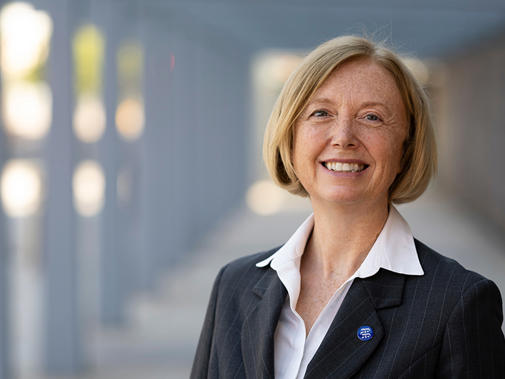My first experience working with a specialist, associate specialist and specialty doctor-grade colleague was back in 1996, when I was a house officer. The doctor was a senior surgeon working as a staff grade in our department. They had been there for years, building strong relationships with both doctors and nurses.
Patient care was seamless – signposting was fluid, and delays were minimal. That surgeon taught me fundamental operating skills, which I’ve built upon throughout my career. I’ll always be grateful for that early mentorship.
Later, I worked with another SAS surgeon, known back then as staff grade, an experienced colleague with whom I performed joint replacement operations. It was a collaborative, supportive environment that helped me grow as a surgeon.
Valuing experience over pathways
Now, as a consultant surgeon myself, I regularly liaise with specialist grade and other SAS doctors across specialties, when managing spinal patients. These interactions have taught me that not everyone can – or wants to – compete for training rotations, with run-through training prescribed and exams to pass, to move into consultant roles.
Life circumstances, family commitments, and geographic limitations can make traditional inflexible training routes inaccessible. The SAS grade offers an alternative that recognises expertise and dedication without forcing doctors into a one-size-fits-all model.
Importantly, SAS doctors can still sit the same exams and build personal portfolios to gain CESR accreditation and achieve consultant status. It’s a pathway that values experience and flexibility.
Supporting SAS careers in Wales
In NHS Wales, we’ve seen a rise in doctors employed on local contract arrangements. But NHS Wales actively supports experienced LEDs (locally employed doctors), who meet the required competencies and experience, to transition on to permanent SAS contracts.
This move brings job security, improved terms and conditions, and access to nationally negotiated pay scales. Each health board has SAS advocates who can guide colleagues through this process and help them understand the opportunities available.
A steady presence in our teams
I appreciate how SAS doctors provide a stable and consistent presence in our departments. They help to bring continuity to patient care. The SAS career pathway has enabled many doctors to continue developing professionally in ways that might not have been possible through conventional training routes.
The SAS role has enabled experienced clinicians to be valued as such within the NHS in Wales.
Iona Collins is BMA Wales council chair

